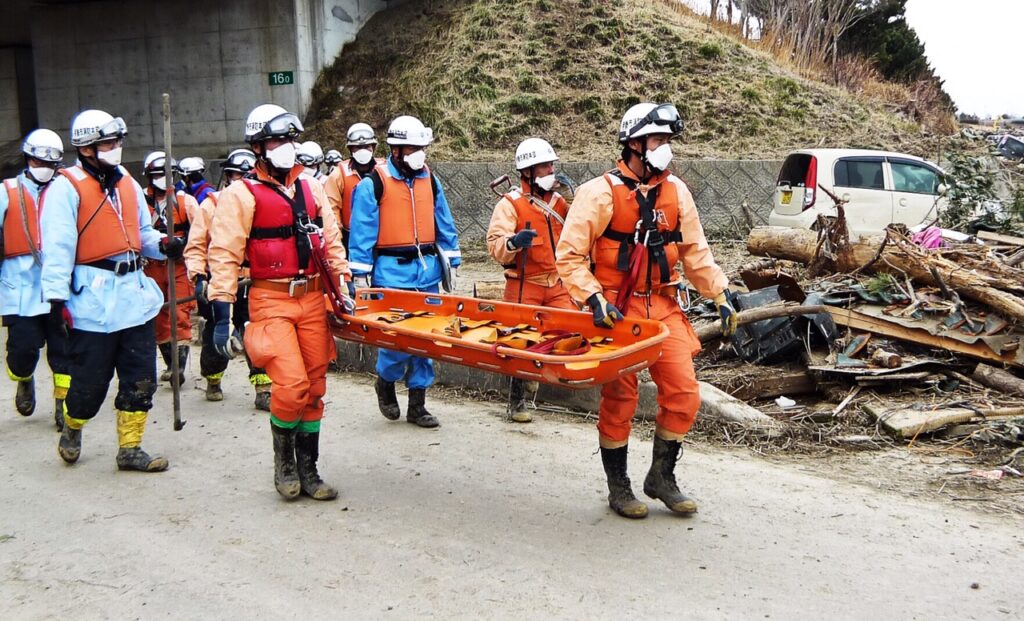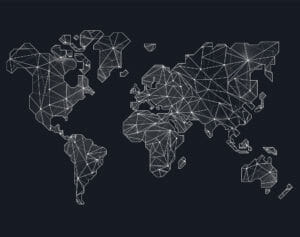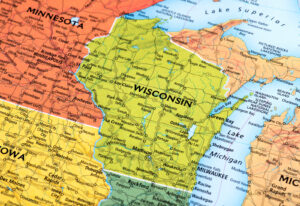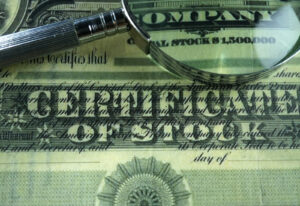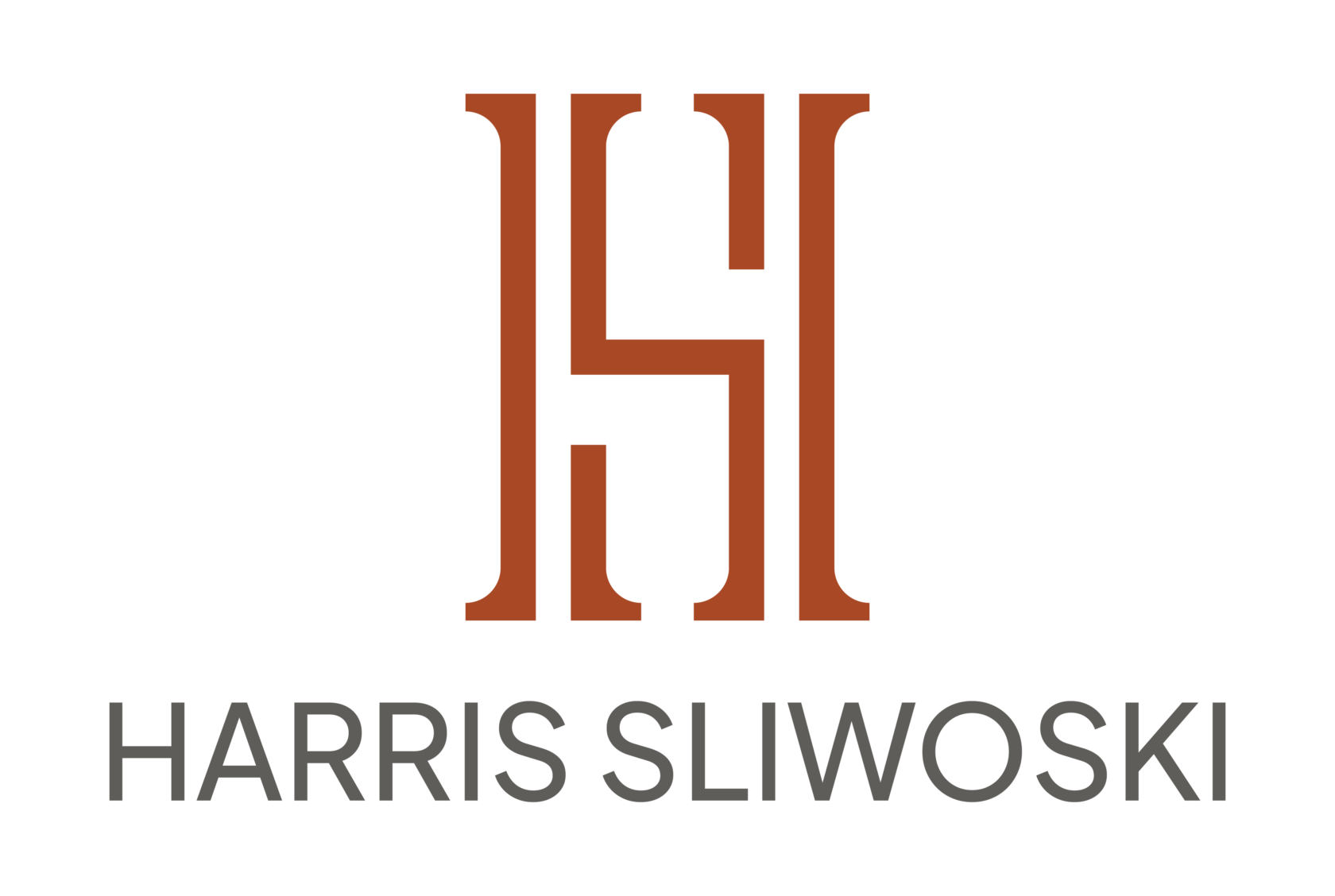Every disaster – and at this point I think we can number the COVID-19 pandemic of 2020-202X among them – produces “winners”, people and companies who benefit.
Just over 10 years ago I was living in Japan when a devastating earthquake and resultant tsunami killed nearly 20,000 people, with another 2,500 missing and presumed dead. Parts of Japan are still recovering, but a handful of businesses made record profits providing services to residents in the Tōhoku region.
Several days after the tsunami, I was in Tōhoku and saw a handful of 7-Eleven convenience stores operating near the edge of the disaster zone. These 7-Elevens were flat-pack buildings (pretty much indistinguishable from a regular 7-Eleven) that had been trucked in immediately after the disaster, quickly erected, and were connected to diesel generators (also trucked in) because there was no power. Needless to say, all the stock that normally fills a convenience store in Japan had been trucked in as well.
These 7-Elevens were serving local residents whose usual shops and supermarkets had either been washed away or were without electricity. They were also, importantly, serving the tens of thousands of rescue workers who were pouring into Tōhoku from all over Japan and all over the world.
Six months later, when I returned to the region, the 7-Elevens were still incredibly busy. None of the businesses that had been in the tsunami zone had been rebuilt, and communities were in the process of deciding whether or not to rebuild in place or at higher, safer elevations. In many rural places (and Tōhoku is a very rural region), the 7-Elevens were the only convenient place to buy food and vital supplies.
Unintended consequences of the Tōhoku earthquake and tsunami? Significantly higher revenues and record profits for 7-Eleven parent company Seven & I Holdings. Revenue was up eight percent (!) over the previous year, and the company has not come close to the same result in the 10 years since the disaster.
The Pandemic and the Entrepreneur
Setting aside its awful public health toll, the effects on the global economy and business world of the COVID-19 pandemic have been enormous. Some companies have been winners; others have gone out of business.
Interestingly, although tens of millions of Americans (and I’m certain this data has been matched in many countries around the world) lost their jobs, millions decided to take the plunge into entrepreneurship.
In 2020, Americans started 4.4m new businesses, a 24 percent increase over the previous year. In 2021, new business starts rose another 23 percent, to a record 5.4 million.
The boom continued in 2021. Figures released by the Census Bureau on January 12th showed that new business applications rose by 23% in 2021 to 5.4m, the most since the government started collecting data in 2004.
For the most part, these businesses have not been funded by Wall Street private equity firms, or Silicon Valley venture capitalists; they are real-world start-ups, in retail, transportation and warehousing, accommodation and food services.
Although these new entrepreneurs have been aided by low interest rates and government stimulus programs, most will fail. That is the fate of the vast majority of start-ups. But many will succeed, and some will become wildly successful.
Building the Foundations for Business Success
I’ve spent much of my career as an entrepreneur, founding and building small- and medium-sized companies, and helping others do the same, either as an investor or advisor. As an entrepreneur, I’ve been responsible for every aspect of my businesses, from sales to operations management to human resources to communications.
I’ve learned a lot of things, of course.
I’ve learned that the easiest way to launch a business is to start with one client who believes in you, your idea and your ability to do a great job for them. My first client was Apple Computer, which is a pretty great first client to have, but more importantly, provided me with the resources to pay my bills until I found my second client, and the client after that.
I’ve also learned that while it’s good to be able to trust people, you also need to be able to protect yourself, and your business.
I’ve done business with wonderful people, and I’ve done business with crooks (I found out the hard way that they were crooks).
These days, a grizzled veteran, I am often asked for advice, and I find myself frequently saying, “Talk to a lawyer.”
Yes, you can set up a new business in Shanghai or Madrid or New York City without getting legal advice, but I don’t recommend it.
Should you establish a sole proprietorship? A partnership? A limited liability company? A corporation? There are significant differences, and implications in the near and long terms, and sure, you can Google, but when was the last time you went past the first page of Google search results for anything but a funny image to include in a Powerpoint?
If you’re hiring people, you want to be sure your employment contracts have been drafted in compliance with local laws and regulations, and you want to be briefed up front on those laws and regulations so that you understand what rights your employees – and you and your company – will have at the end of their probation periods, and after one or three or five years. [You’ll also want to draft an employee handbook that is in compliance with local laws and regulations.] If you’ve had to fire or lay off an employee, you probably learned lessons the hard way, as I did.
Are you renting or purchasing real estate? Unless you’re opening your business in your hometown, where your mother or brother is a property agent, you probably want professional help in negotiating a rental or purchase contact, securing financing, obtaining permits and licenses for construction and operation, and dealing with zoning, restrictive covenants, and encumbrances. Again, you could try to DIY all of this, but before you do, I suggest pausing to think about what could go wrong, and what it might cost you.
Another area in which most entrepreneurs focus too late is intellectual property rights. A few months ago I started working with a young company in the sportswear business. They have great products, an exciting brand, and have had solid growth since they launched several years ago. Now, however, they want to expand – from Asia to North America and Europe – and they’re only now trying to figure out how to transform their brand from a regional into a global one. Regrettably, it seems they will have to rebrand.
Like most entrepreneurs, these business owners did not have the resources to register trademarks in every country when they founded their business, but that’s not necessary; there are basic measures that every small business with large ambitions can take to protect itself.
Additional – and increasingly important – considerations are data privacy laws; non-disclosure agreements; non-disclosure, non-use, non-circumvention (NNN) agreements; technology licensing agreements; and product distribution agreements. Plus figuring out how to audit your suppliers and distributors to ensure that your intellectual property remains protected.
Lawyers Are Insurance Agents
My guess is that few lawyers would agree, but most of the time I see lawyers as insurance agents (albeit with better suits and shoes). Over the past several hundred years the insurance industry has spent billions on marketing to help people understand (or overestimate) the risks of driving, owning a home, operating a business … and in Japan, even playing golf.
In most jurisdictions, it’s illegal to drive a car without insurance. No bank will lend you money to purchase a home unless you obtain an insurance policy.
But many, many people will draft their own employment contracts, or skim the fine print of a warehouse lease, or figure that having secured a domain name, they have all the intellectual property rights protection they need.
Over the years, I’ve learned plenty of lessons the hard way, and I’ve met more than a few lawyers who have entertained me with war stories (war stories are almost always entertaining when you’re not the one getting shot at or blown up).
And as I said, most new businesses will fail. But an entrepreneur’s job is not only to figure out how to succeed, but also to figure out how not to fail. “Talk to a lawyer.”
* This is a guest post by Roberto De Vido. Roberto has served as a communications consultant to corporations, NGOs and governments in Greater China and throughout Asia-Pacific. He has eaten many more meals with chopsticks than with a knife and fork. Roberto is a communications consultant with over 25 years experience in Asia (Singapore, Hong Kong/Shanghai, Tokyo), recently returned to the San Francisco Bay Area. Roberto has founded and run three independent market-leading communications agencies, specializing separately in high-tech/telecoms public relations, local language content development/publishing and Asia-Pacific-focused investor relations and public affairs. He has also devoted significant time to developing and executing campaigns that helped humanitarian aid organizations and environmental non-profits address some of the world’s most important crises.










